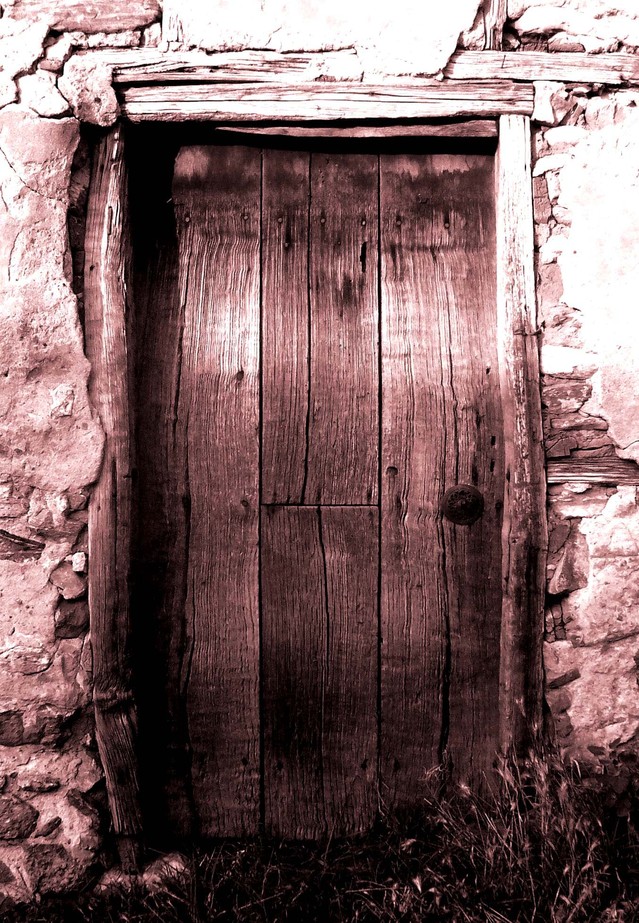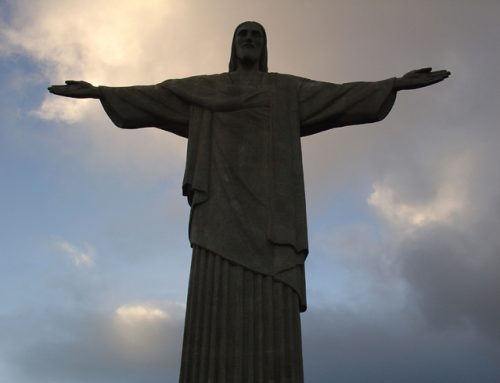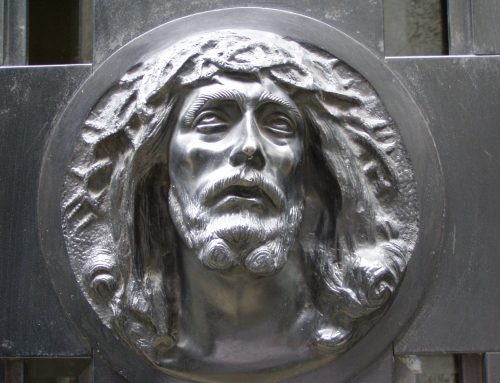Now when the king was settled in his house, and the Lord had given him rest from all his enemies around him, the king said to the prophet Nathan, ‘See now, I am living in a house of cedar, but the ark of God stays in a tent.’ Nathan said to the king, ‘Go, do all that you have in mind; for the Lord is with you…’ Your house and your kingdom shall be made sure for ever before me; your throne shall be established for ever. (II Samuel 7:1-3, 16) Two houses are under consideration in this week’s first lesson: a wooden one for God and an eternal one for David. David wants to build God a house like his own palace while God desires to establish David’s “house” forever. The irony is great here; the Creator of all things is homeless while David is a part of a house that shall never be destroyed. This is Advent so our focus turns to the Messianic lineage of verse 16. What I find wonderful here is the fulfillment of this prophecy is discovered in the homeless one, Jesus. As a baby, he is a refugee fleeing his home and as an adult he famously says, “Foxes have holes and birds have nests, but the Son of Man has nowhere to lay his head.” (Luke 9:58) Allow that to sink in for a moment. “Great David’s greater son” becomes homeless so that you and I might finally find our home; so that we too may discover that we have been established forever in Him. He does not use inclusive language, but I love the way that G.K. Chesterton says it, in his poem, “The House of Christmas.” “To an open house in the evening Home shall men come, To an older place than Eden And a taller town than Rome. To the end of the way of the wandering star, To the things that cannot be and that are, To the place where God was homeless And all men are at home.”







Leave A Comment